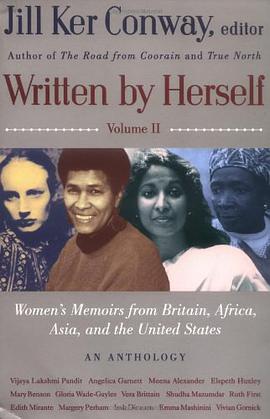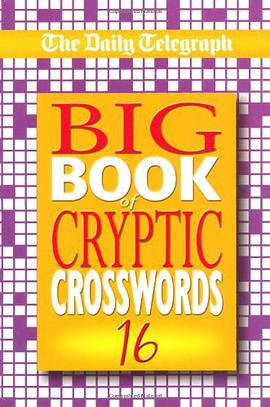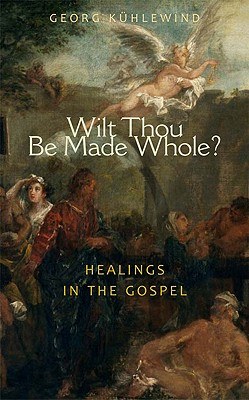

具体描述
Tompkins seeks to redress the lack of critical and comprehensive studies of postmodern Spanish American women novelists who produce lucid, experimental, deconstructive, and self-reflexive texts. She traces a tradition of three decades of experimental women writers, grouping for the first time established authors such as Julieta Campos, Luisa Valenzuela, and Alicia Steimberg with an intermediate group including Albalucia Angel, Ana Teresa Torres, and Brianda Domecq, and young voices including Diamela Eltit-hailed as the paradigmatic postmodern novelist, Carmen Boullosa, and Alicia Borinsky. Positing a hybrid literary postmodernism resulting from cultural cross-fertilization across the Atlantic and along the Americas, Tompkins historicizes rhetorical devices associated with postmodernism by showing continuities and similarities with modernist experimentalism, the nouveau roman, "nueva narrativa," the Boom, the neobaroque, and the post-Boom, even back to surrealism and Dada. But at its core, this tradition questions the status quo from a woman-centered perspective. And although the texts make explicit political references to institutional repression, they refrain from offering utopic, salvational metanarratives, offering instead highly fragmented and contested imagined communities of dissensus. Tompkins sheds light on a largely ignored contemporary tradition of female experimentalism as she maps out a hybrid, feminist, engaged postmodernism, which calls into question current dominant ideologies such as capitalism, patriarchy, and liberal humanism.
作者简介
目录信息
读后感
评分
评分
评分
评分
用户评价
相关图书
本站所有内容均为互联网搜索引擎提供的公开搜索信息,本站不存储任何数据与内容,任何内容与数据均与本站无关,如有需要请联系相关搜索引擎包括但不限于百度,google,bing,sogou 等
© 2026 book.wenda123.org All Rights Reserved. 图书目录大全 版权所有




















